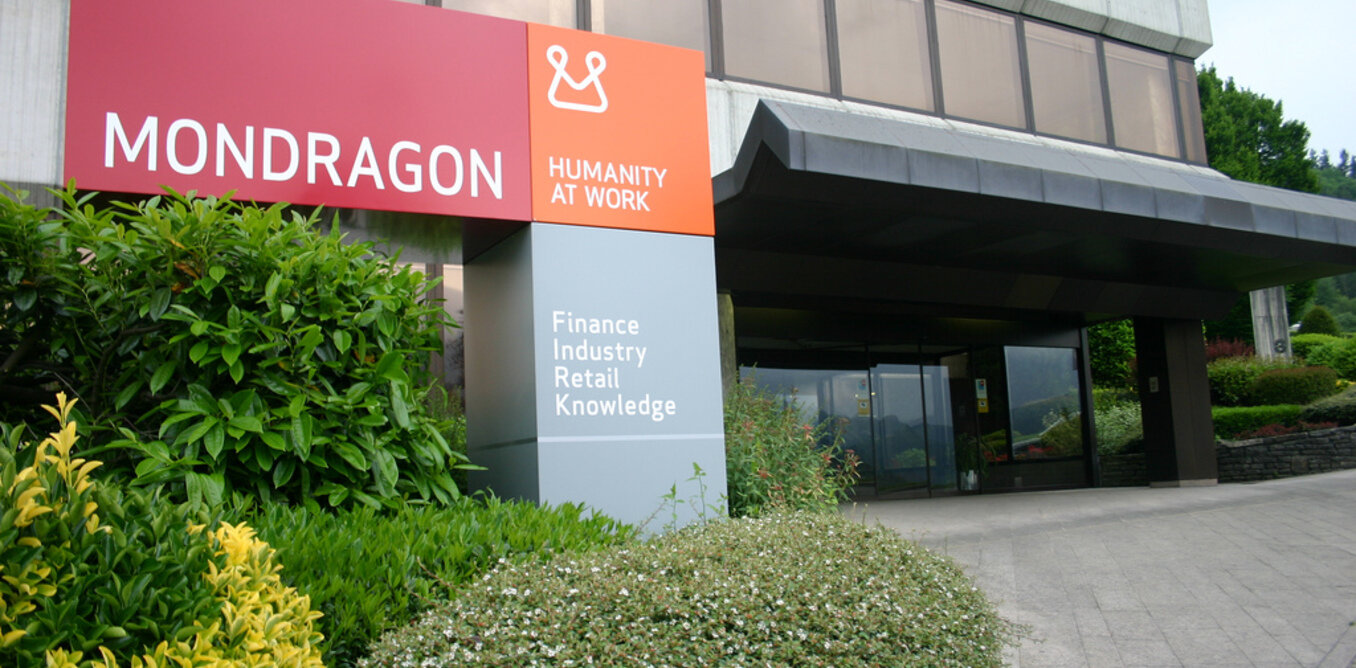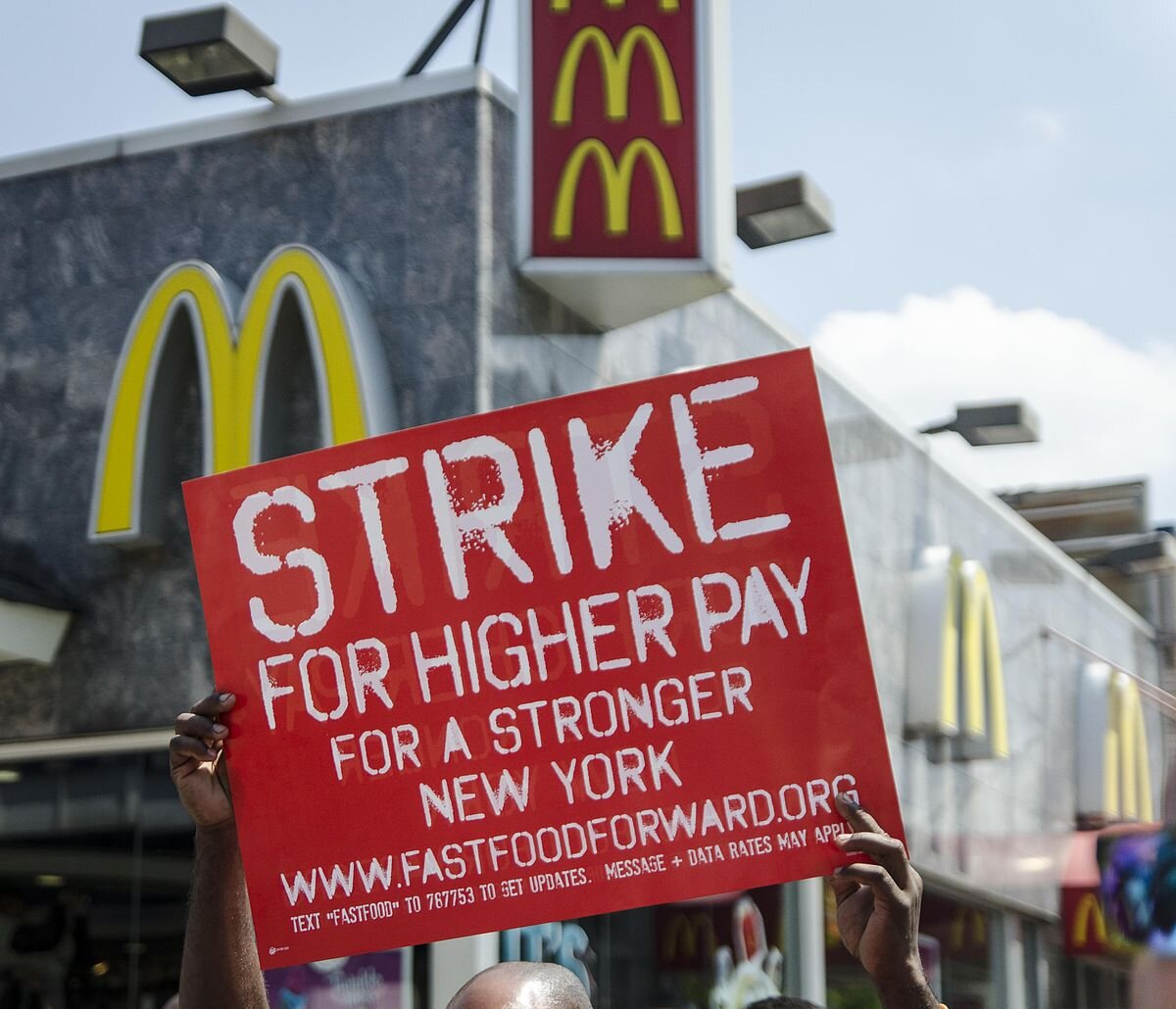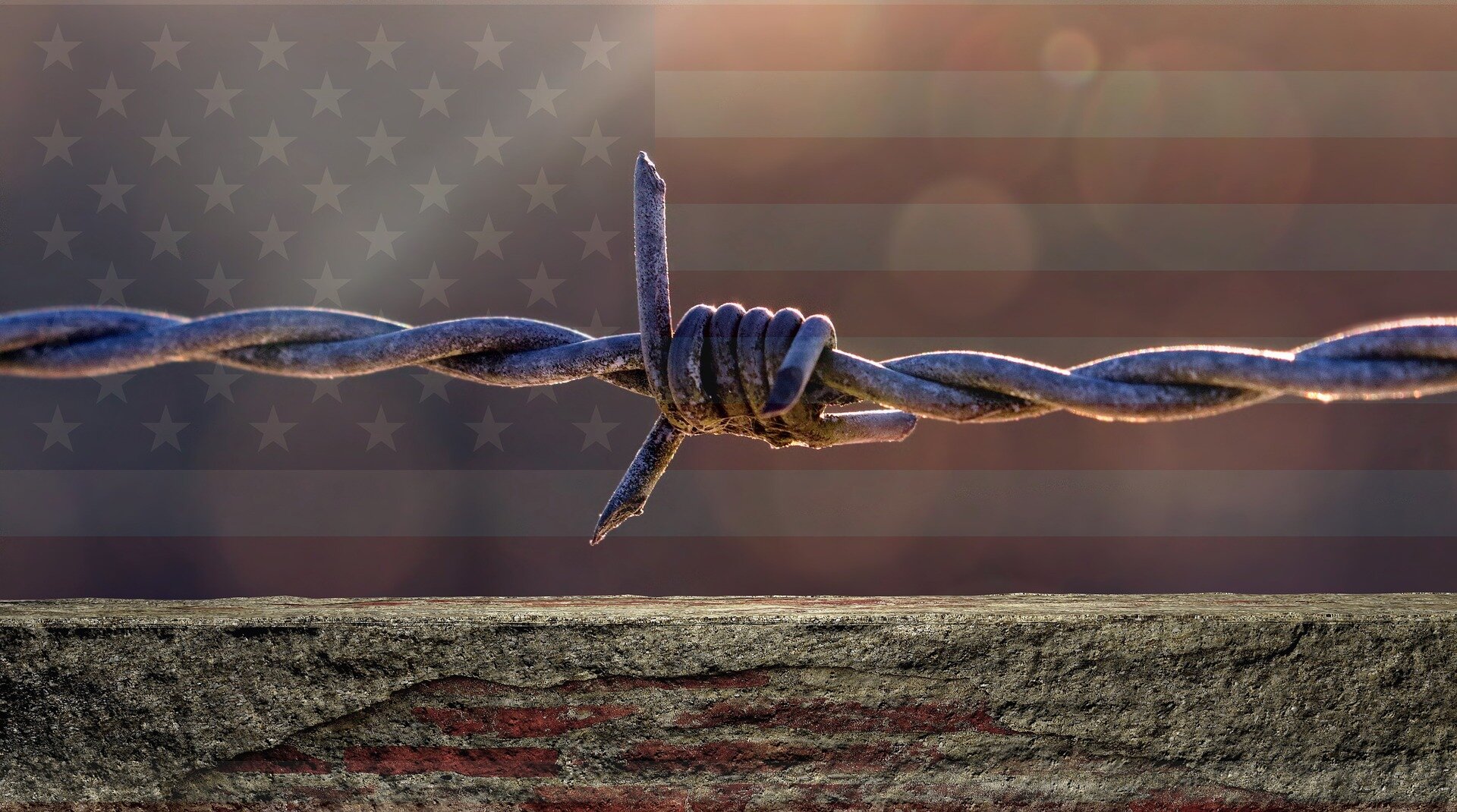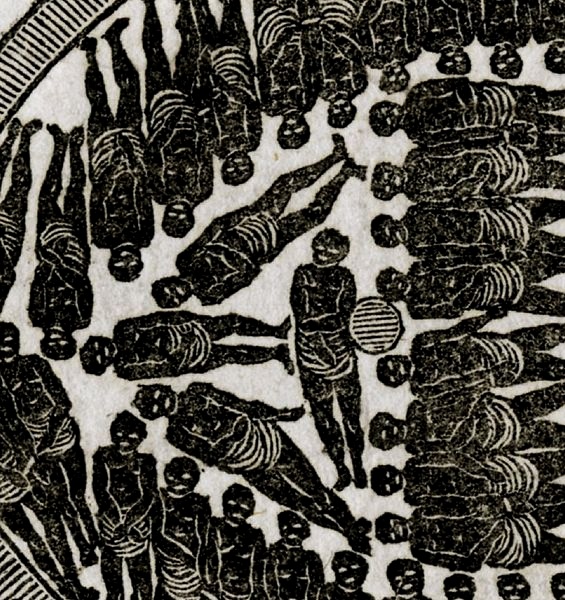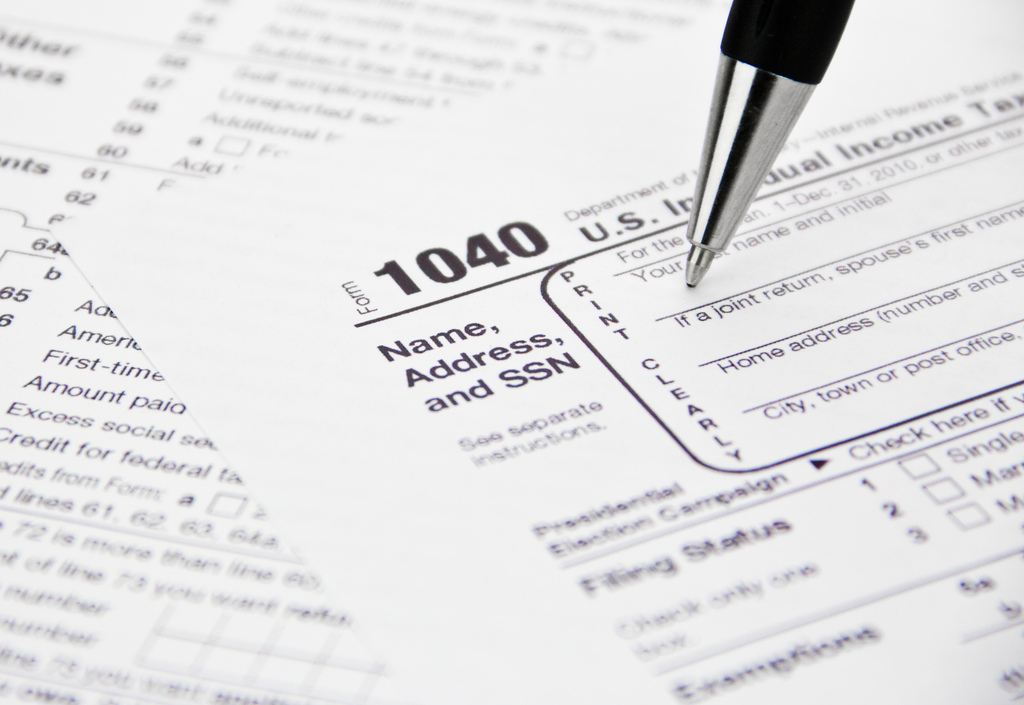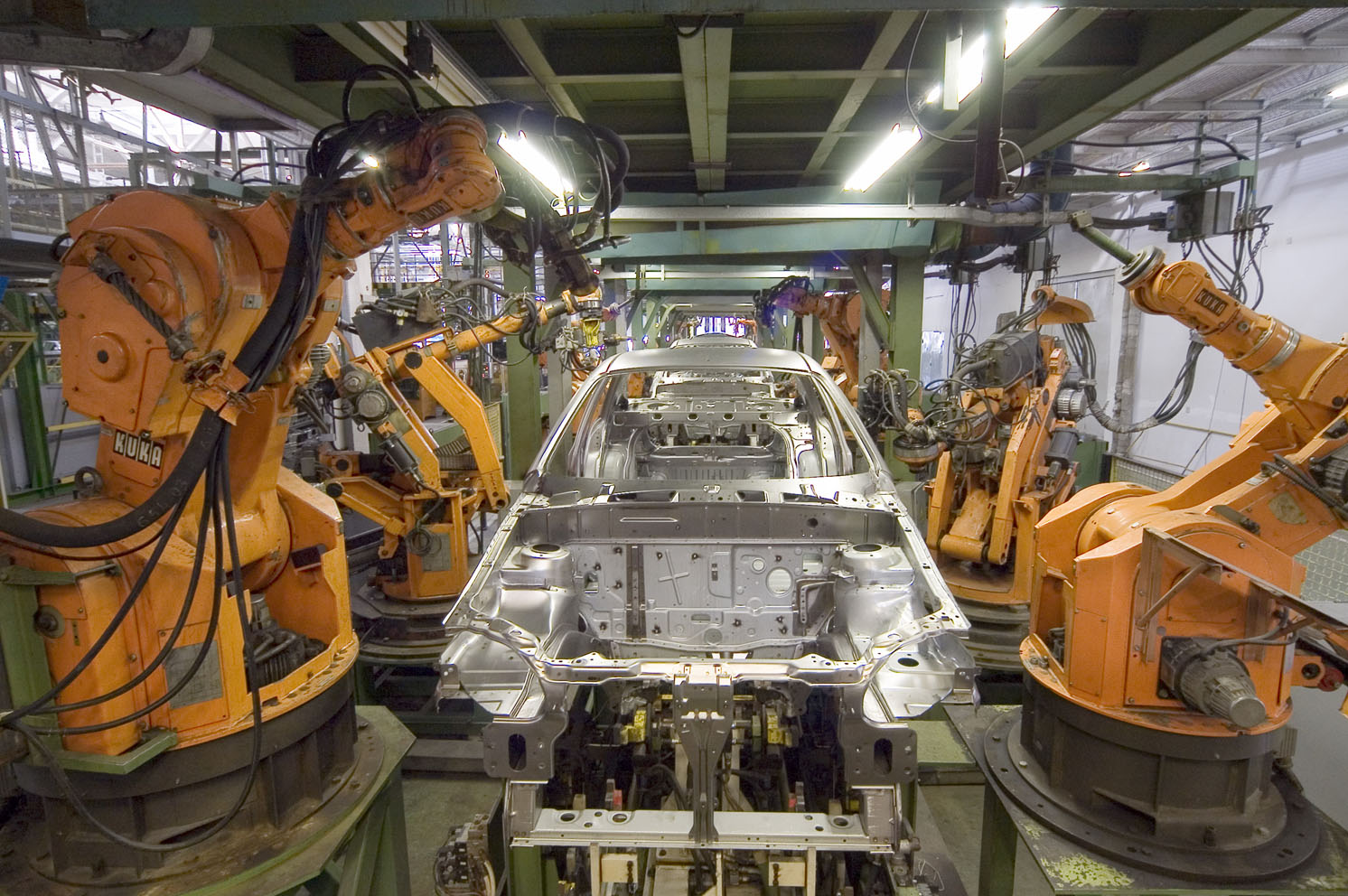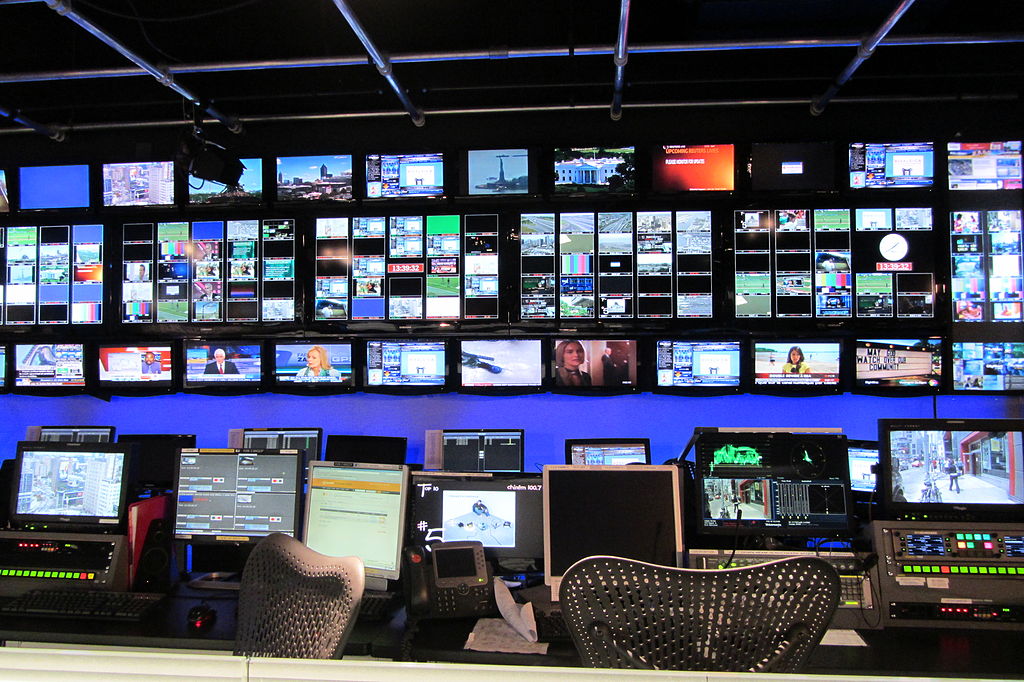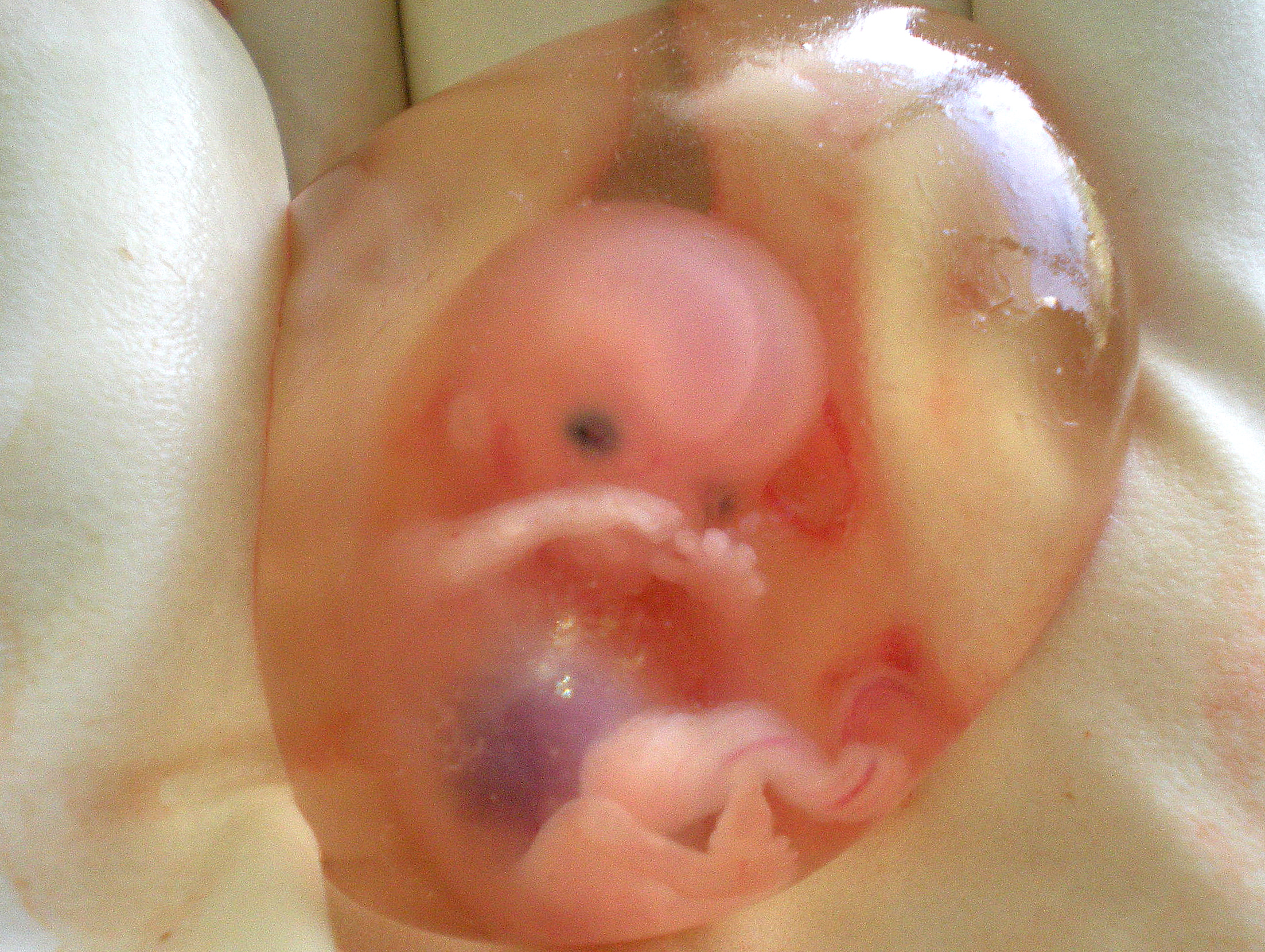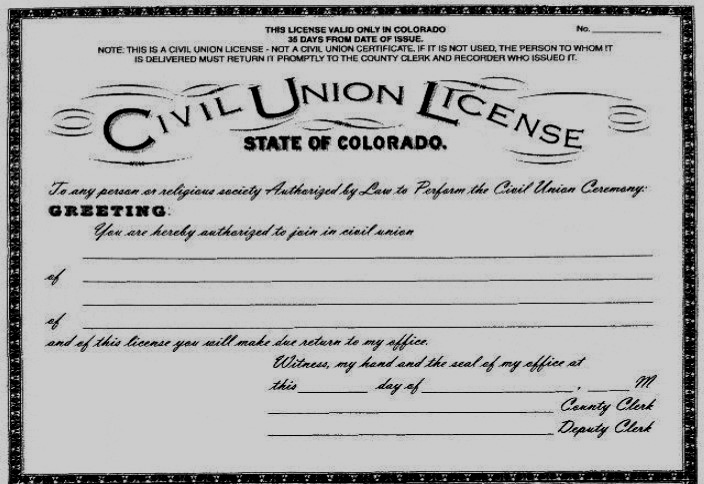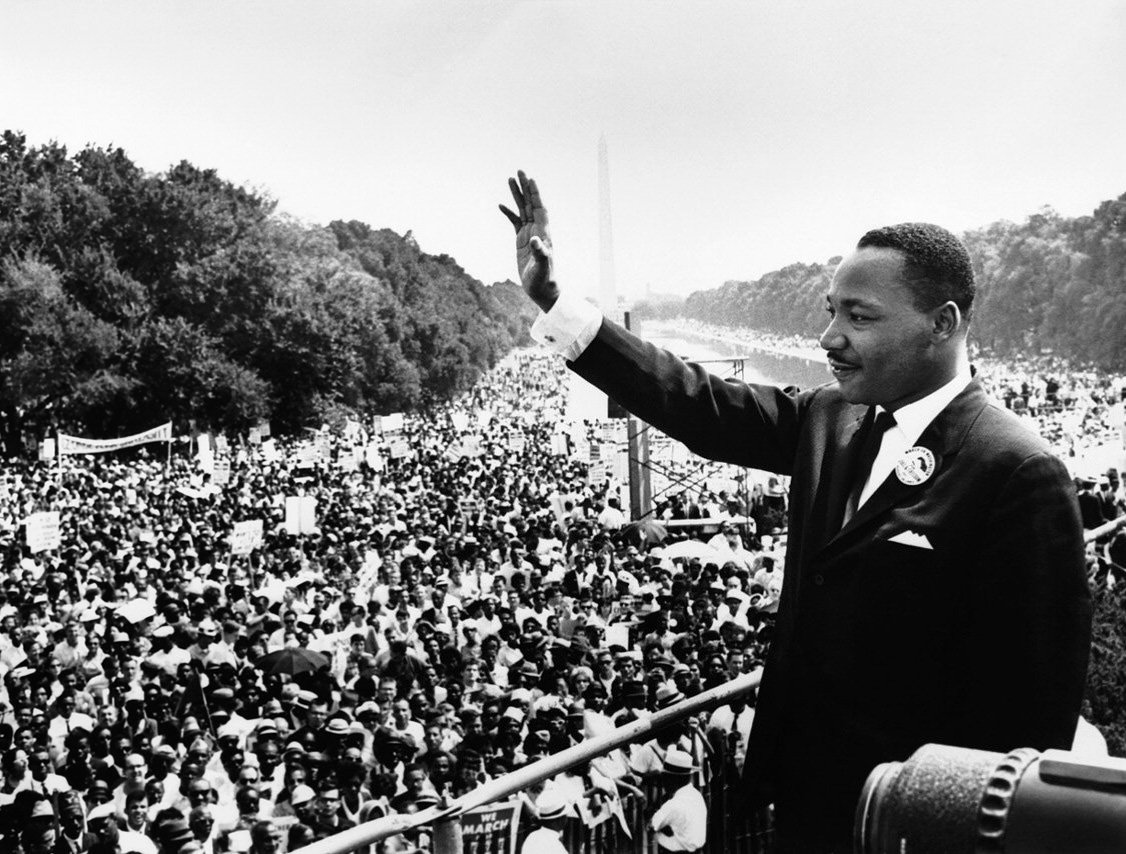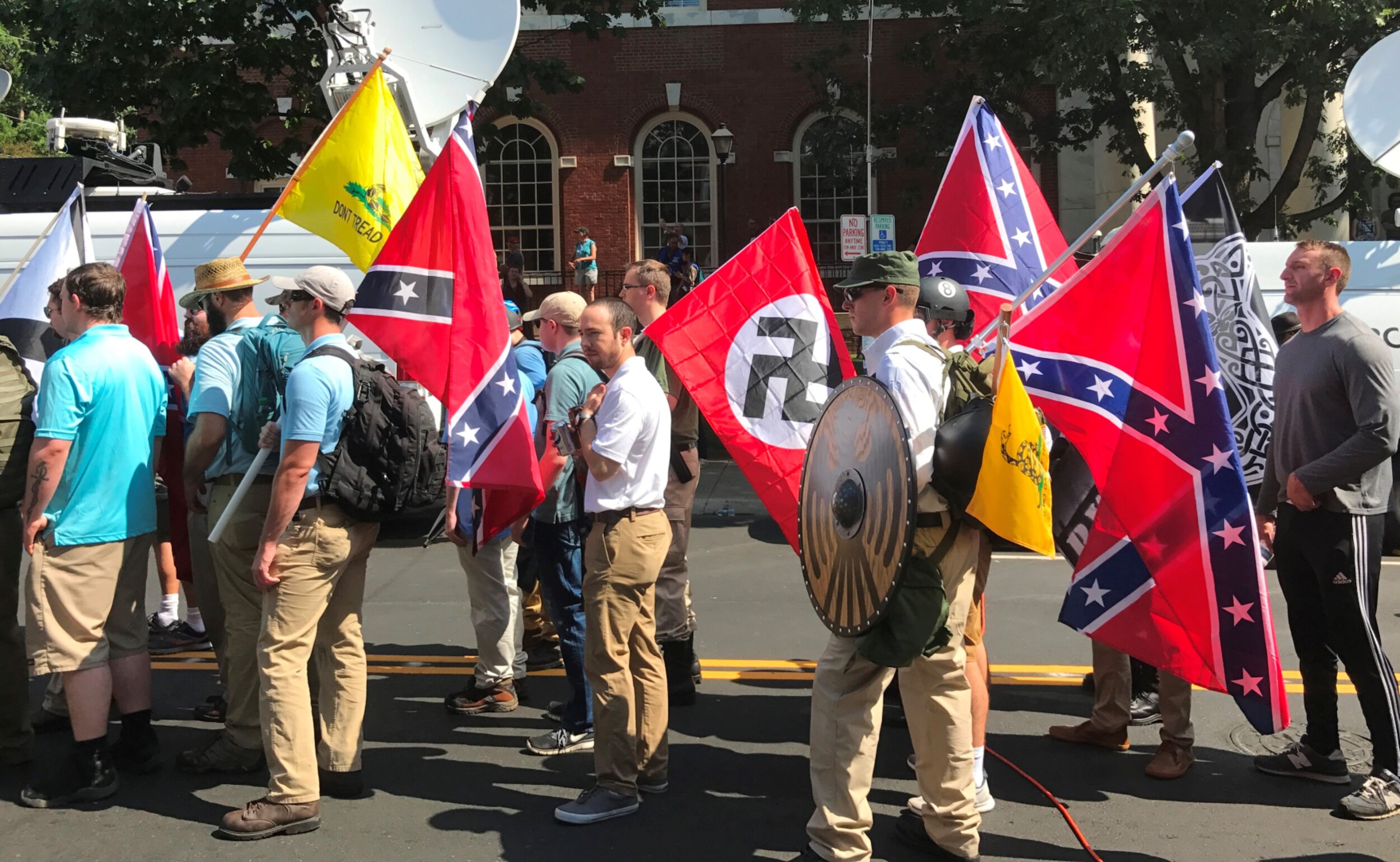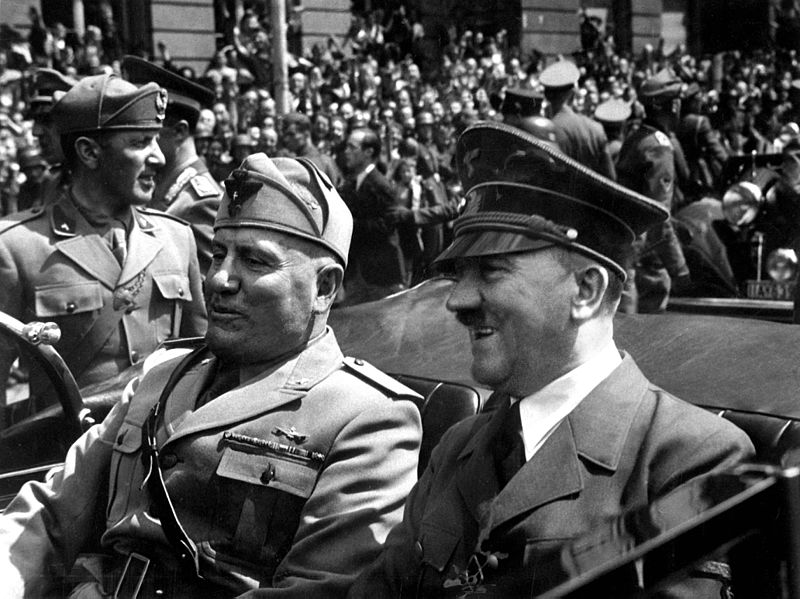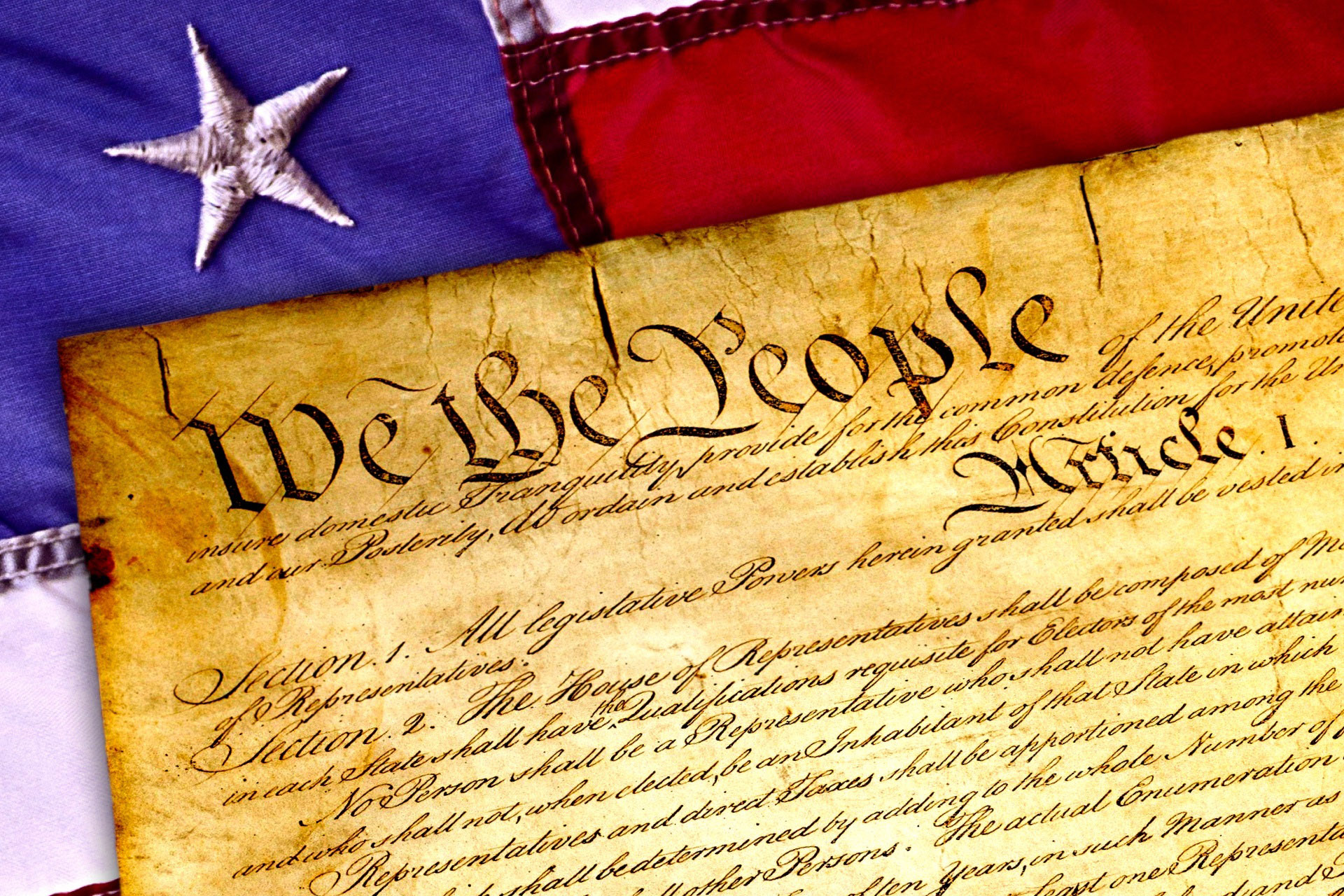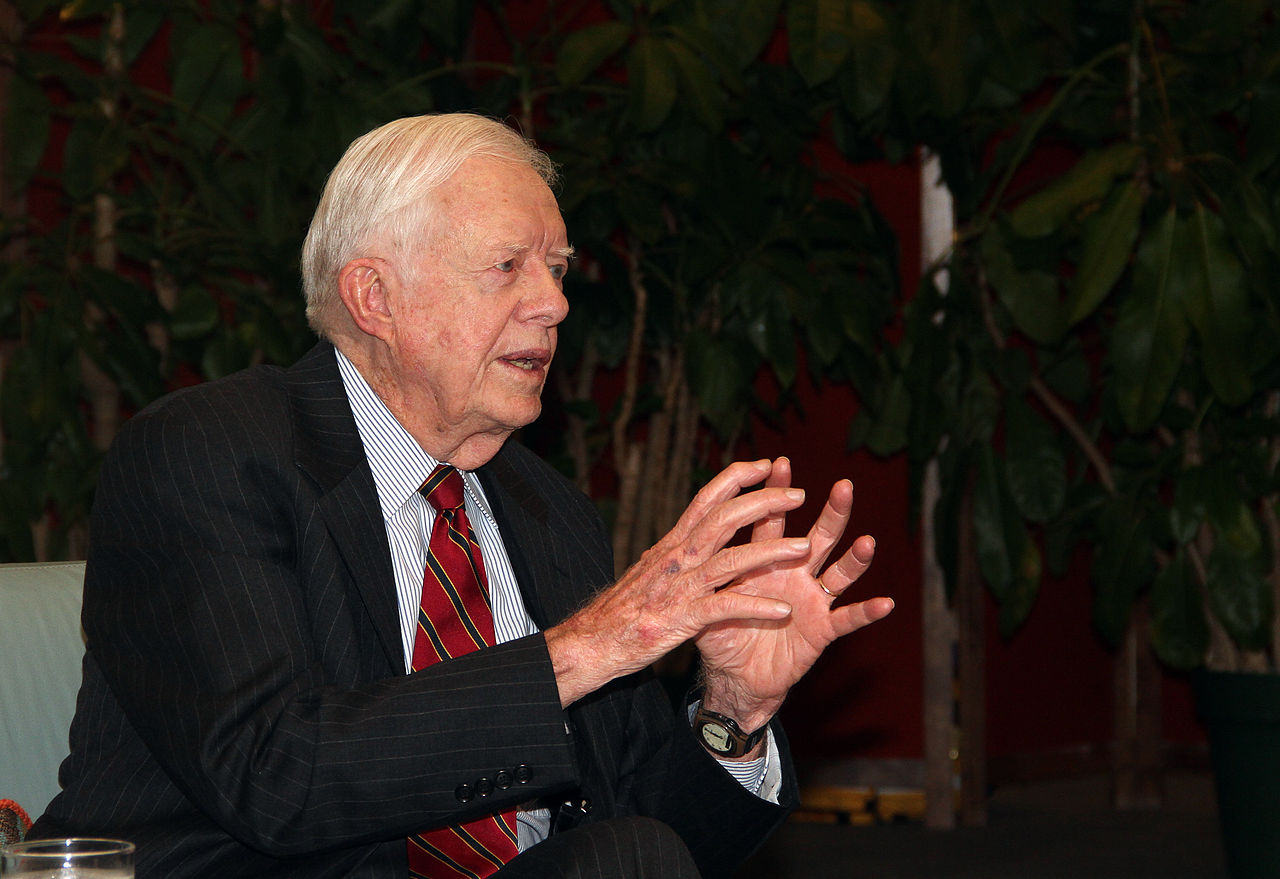Migration and Trade Policy Impact on Labor
Photograph: Migrant farm worker. Photo credit: Bread for the World | Creative Commons License.
Resources on Migration and Trade Policy Impact on Labor
Top Resources
Peter Zeihan, Agriculture After Globalization. Dairy West, Dec 16, 2020. A video presentation by geopolitical strategist Peter Zeihan to dairy industry professionals. Zeihan highlights why global trade is in decline largely because it was a construct of the U.S. post-WWII. Zeihan discusses cattle-specific factors between the U.S. and New Zealand, including land quality, labor, and climate change. Zeihan argues that Mexico’s population demographics indicate that their migration is unlikely to meet the needs of U.S. dairy farmers, and border crossing will decline just because of Mexico’s aging population; Central American migration is likely to be insufficient and politically difficult; Zeihan surprisingly suggests that the dairy industry lobby the State Department for war refugees as labor. This history and these stats highlight the importance of NAFTA and labor migration.
Dylan Matthews, North Carolina Needed 6,500 Farm Workers. Only 7 Americans Stuck It Out. Washington Post, May 15, 2013.
Adam Davidson, Debunking the Myth of the Job-Stealing Immigrant. New York Times, Mar 29, 2015.
Lawrence Mishel, The Trump Trade Scam. Economic Policy Institute, Jun 29, 2016.
Daniel Griswold, Globalization Isn't Killing Factory Jobs. Trade is Actually Why Manufacturing is Up 40%. Los Angeles Times, Aug 1, 2016. argues technology, not trade, is responsible for job loss
Elise Gould, Austerity At All Levels Has Created a Teacher Shortfall. Economic Policy Institute, October 7, 2016.
Elise Gould, A Women’s Economic Agenda for the 45th U.S. President: Investing in the Infrastructure to Support a 21st Century Economy. Economic Policy Institute, October 26, 2016.
Robert Reich, Trump's Trickle-Down Populism. Huffington Post, Dec 4, 2016.
Matthew Yglesias, The Case for Immigration. Vox, Apr 3, 2017. from an economic growth standpoint
Michael Grabell, Sold for Parts. ProPublica, May 1, 2017. re: Case Farms' use and abuse of immigrant labor
Arthur Delaney, Donald Trump Hasn’t Scared American Companies Out Of Ditching U.S. Workers. Huffington Post, Aug 30, 2018.
Hayley Petersen, Missing Wages, Grueling Shifts, and Bottles of Urine: The Disturbing Accounts of Amazon Delivery Drivers May Reveal the True Human Cost of 'Free' Shipping. Business Insider, Sep 12, 2018.
Annie Lowrey, Wages Are Low and Workers Are Scarce. Wait, What? The Atlantic, Sep 19, 2018.
David Leonhardt, American Capitalism Isn’t Working. New York Times, Dec 2, 2018. "Not so long ago, corporate leaders understood they had a stake in the country’s prosperity."
Christopher Ingraham, Politicians Have Caused a Pay 'Collapse' for the Bottom 90% of Workers, Researchers Say. Washington Post, Dec 17, 2018. "While many economists pin much of the blame for wage stagnation on impersonal market forces, such as free trade and technological change, EPI’s Josh Bivens and Heidi Shierholz contend that specific policy decisions — including efforts to weaken unions, the decay of the minimum wage and monetary policy that prioritizes low inflation over full employment — are responsible for tilting the balance of power away from workers and toward their employers."
Robert E. Scott, The State of American Manufacturing: The Failure of Trump's Trade and Economic Policies. Economic Policy Institute, Feb 5, 2019.
American Compass, Conservatives Should Ensure Workers a Seat at the Table. American Compass, Sep 6, 2020.
Nitasha Tiku, India’s Engineers Have Thrived in Silicon Valley. So Has Its Caste System.. Washington Post, Oct 27, 2020. “Engineers and advocates of the lowest-ranked castes say that tech companies don’t understand caste bias and haven’t explicitly prohibited caste-based discrimination.”
Saagar Enjeti, Ford Lied To Union Workers, Moving Plant From Ohio To Mexico. Rising | The Hill, Mar 19, 2021.
Anna Coobin and Juliana Kaplan, People Didn't Rush Back to Work When Their Unemployment Benefits Were Cut Early, a New Study Finds, Despite What Some GOP Governors Predicted. Business Insider, Jul 23, 2021. “In the 12 states that cut the benefit on either June 12 or 19, employment was largely flat in the weeks after, Arindrajit Dube, an economics professor at University of Massachusetts Amherst, found during an analysis of US Census Bureau data. Twenty-six states, mostly led by Republican governors, have said they will cut — or have already cut — the federal government's $300 weekly top-up for unemployed Americans ahead of its planned September 6 expiration. Dube's analysis focused on the impact of cutting the $300, as well as states that cut other pandemic UI programs.” Could be workers looking for a good or better job fit, but also workers stressed out by lack of child care or schooling options.
Richard Wolff, Economic Update: China & Inflation: Real Analyses, Not BS. Democracy at Work, Nov 1, 2021. argues that employers decide whether increases in the monetary supply translate into inflation or increased output-supply; argues that restrictive US immigration policy is causing a shortage of low-wage workers, which is causing employers to raise prices, because they must pay higher wages
Jiwon Choi, Ilyana Kuziemko, Ebonya L. Washington, and Gavin Wright, Local Economic and Political Effects of Trade Deals: Evidence from NAFTA. NBER, Nov 2021. Points out that the neoliberal agenda of free trade without an industrial policy devastated American Rustbelt areas, and turned white voters towards Trump in 2016. See commentary by Krystal Ball and Saagar Enjeti, 28 Years Of NAFTA: How It Destroyed Dems, Elected Trump. Breaking Points, Dec 9, 2021.
Phelim Kine, China Joined Rules-Based Trading System — Then Broke the Rules. Politico, Dec 9, 2021. “Four U.S. trade officials who helped plan and negotiate U.S. normalization of trade ties with China reflect what the 20 years of China's entry into WTO have meant.”
CNBC, Is Obamacare Fueling The Great Resignation? CNBC, Jan 31, 2022. Since workers don’t need their employer to provide health care, more workers feel free to not return to work.
Haley Byrd Witt, How the Uyghur Forced Labor Prevention Act Became Law. The Dispatch, Jun 20, 2022. A five part series examining the creation and passage of this law. The Smoot-Hawley Tariff is supposed to protect U.S. markets from slave-labor products, because cheap labor products undermine ethical labor.
Deutsche Welle, The Hidden Cost of Orange Juice. Deutsche Welle Documentary, Sep 12, 2022. Brazil is the world’s top supplier of orange juice, but with poor working conditions for workers.
Peter Zeihan, Uncovering Japan's Most Shocking Secret. Geopolitics in Conflict, Apr 29, 2023. Demographic decline for five decades and cost of urban living. Japanese companies since the 1900s used “desourcing” of building where they sell, which relied on U.S. maritime security.
CNBC, How Temu Makes Money From $10 Smartwatches From China. CNBC, Aug 14, 2023. Temu sells slave-made products from China. Temu threads viruses into the Temu app to prevent you from deleting the app.
Christian Restorative Justice and Labor: Topics:
Christian Restorative Justice, Business, and Economics: Topics:
This section on Economics includes the following pages: Economics Metrics identifies and critique the metrics we use. Public-Private Partnerships defends government involvement as a permanent fixture of economic growth, historically and philosophically. Environment examines many aspects of conservation, climate change, sustainability, and human health. Taxes examines models of taxation, claims by adherents, and effects. Housing Policy highlights how housing should be considered a human right, with better planning, zoning, and accountability. Corporate Law examines monopoly, limited liability, regulation, and other features of business law. Labor highlights the importance of labor over capital investment. Automation examines the impact on people and communities. Wealth Inequality and Power Inequality track the historical ups and downs, along with the ideologies used to justify them. Media examines media companies as economic and political agents, especially rightward media.
Christian Restorative Justice Critique of the Right: Domestic Policy Topics:
This page is part of our section Critique of the Right, which engages the following topics: Banking and Finance examines the economic and political power of financial institutions; Bioethics discusses abortion policy; Business and Economics examines economic theories, taxes, housing, environment, corporate law, labor law, automation, and inequalities of wealth and power; Civil Unions makes the Christian case for civil unions for all and removing marriage from the culture wars; Criminal Justice examines crime statistics and definition, policing, prosecution, sentencing, prisons, and reintegration; Education examines public education and conservative resistance to it; Environment and Health highlights the many challenges we face related to animals, climate change, food, and health systems; Government Corruption spotlights political compromises and dealings contrary to the public good; Gun Rights examines gun policies and rhetoric; Media spotlights failures of, and possible fixes to, left-wing or left-leaning media; Power and Politics highlights the impact of racial considerations and racism on political campaigns, voting rights, public investments, and other political procedures; Race examines the impact of white supremacy on virtually every aspect of American life.


